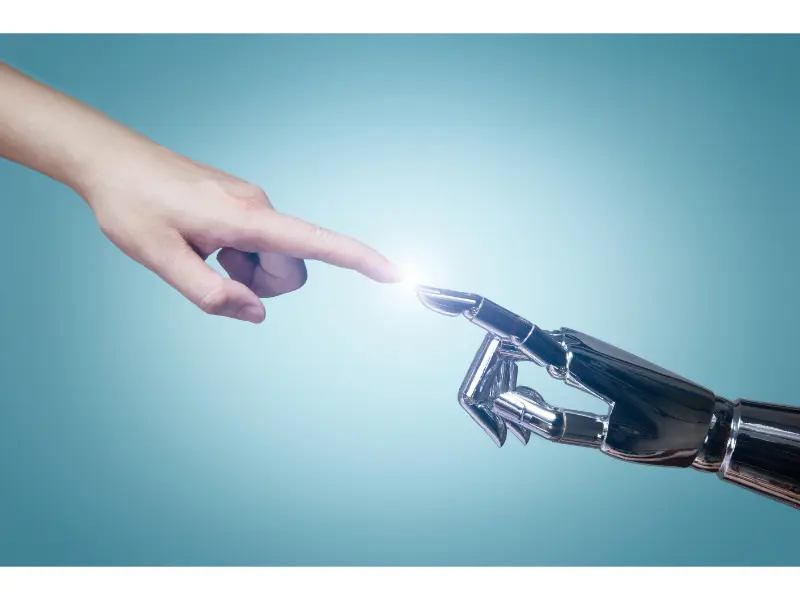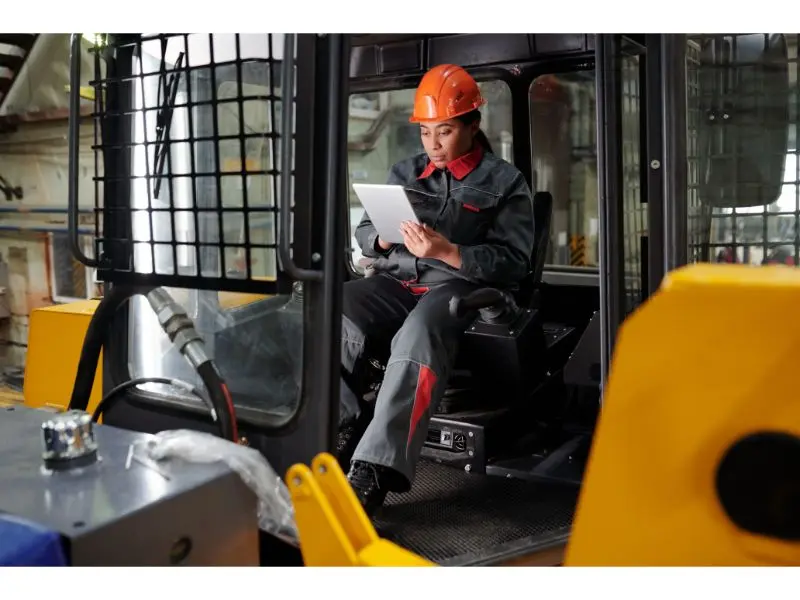Artificial Intelligence (AI) is making an enormous impression in the automobile sector and changing the way we commute, drive, and interact with our cars in our fast-paced technological world. It’s clear that the integration of AI is more than simply a trend; rather, it’s a revolutionary force that has the potential to completely reshape the automotive industry as we stand at the nexus of innovation and mobility. We’ll travel through the lanes of this significant transformation in this blog, examining how artificial intelligence (AI) is poised to transform every facet of driving from efficiency and safety to the nature of our relationship with our vehicles. just set off on a journey into the automotive technologies of the future, fasten your seatbelt.

1. Autonomous Driving Advancements:
Perhaps the most notable example of artificial intelligence’s revolutionary influence on the automotive sector is the development of autonomous driving. Vehicles incorporating AI algorithms are able to operate autonomously, comprehend complicated settings, and make snap judgements. This signifies a time when travelling will be safer and more effective. As artificial intelligence (AI) technology continues to progress, self-driving cars are getting closer to becoming a reality and redefining what it means to be convenient and mobile.
2. Safety Reinforcement through AI-Driven Assistance Systems:
The integration of AI in Advanced Driver-Assistance Systems (ADAS) is a milestone in enhancing vehicle safety. AI algorithms analyze real-time data from sensors, cameras, and radar to detect potential collisions, assist in lane-keeping, and trigger corrective actions. This not only reduces the likelihood of accidents but also establishes a proactive safety net, mitigating risks on the road. As AI continues to evolve, these systems are set to become even more sophisticated, making driving not just a mode of transportation but a secure and protected experience.
3. Predictive Maintenance for Improved Reliability:
The use of AI-driven predictive maintenance is changing the way cars are maintained, shifting from reactive to proactive methods. Artificial intelligence (AI) systems can anticipate possible mechanical problems before they become serious and enable prompt intervention by evaluating data from sensors and diagnostics. This maximises the lifespan of vehicle components while reducing the likelihood of unplanned malfunctions. As a result, the fleet of vehicles is more dependable and effective, which benefits both consumers and manufacturers by lowering maintenance costs and improving user happiness.
4. Personalization of the Driving Experience:
Beyond only adding functionality, artificial intelligence is now being incorporated into cars to create customised driving experiences. Artificial intelligence (AI) systems can pick up on a person’s driving patterns, preferences, and even moods. AI customises every ride to the individual preferences of the driver, modifying everything from seat placements and climate control settings to creating personalised entertainment options. This enhances the driving experience by adding comfort and enjoyment, and it also fosters a closer bond between the driver and their car, making each trip more memorable and individually tailored.
5. Smart Traffic Management and Navigation:
Artificial intelligence is increasingly being used in automobiles to provide personalised driving experiences, going beyond merely adding functionality. Systems using artificial intelligence (AI) are able to discern a person’s driving habits, tastes, and even emotions. AI tailors each ride to the driver’s unique tastes, changing everything from seat arrangements and temperature control settings to producing customised entertainment alternatives. This makes driving more pleasurable and comfortable. It also strengthens the link between the driver and their vehicle, making every journey more personalised and memorable.


Comments